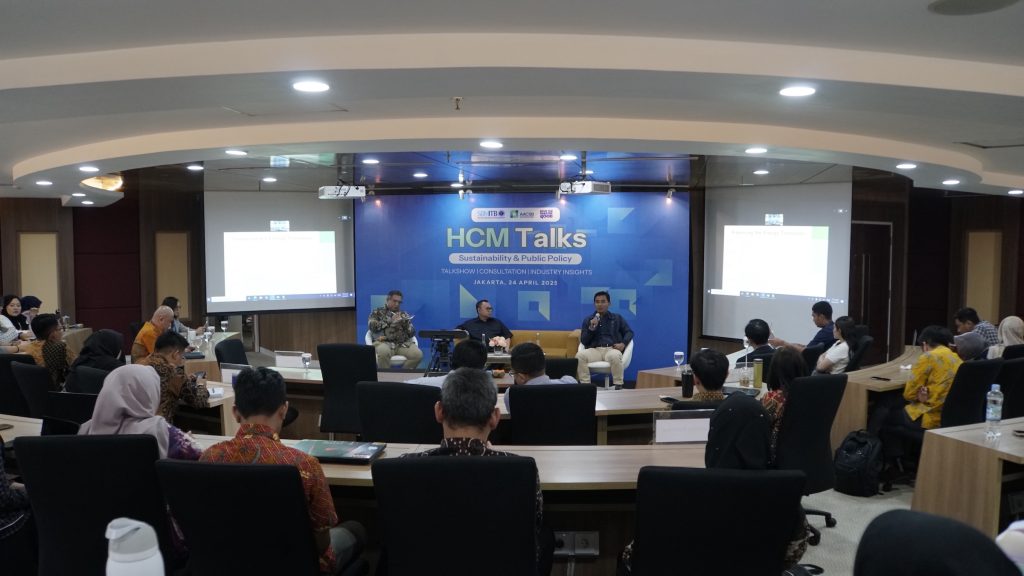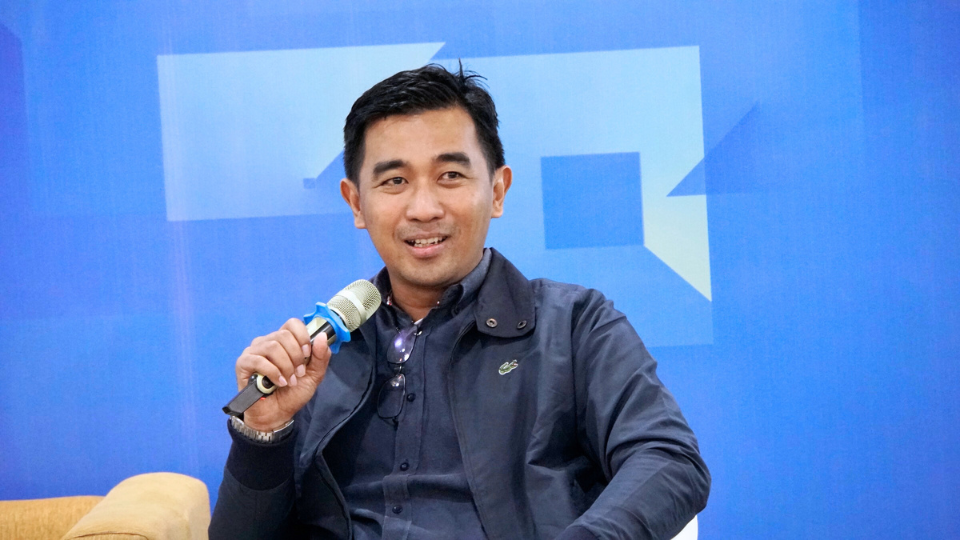The government’s closest interaction with the community is public policy. It is directly felt and is expected to be able to address the complex challenges arised in people’s daily lives.
This was conveyed by the Director of the Center for Policy and Public Management, SBM ITB, Yudo Anggoro, Ph.D., during the Human Capital Management Talks held by the SBM ITB Jakarta, at Graha Irama Building (24/4).
Yudo explained various comprehensive studies related to the role of decision makers in the regions. He emphasized that the government needs public policies to address societal phenomena, including a national or local scale policies.
Public policy will tend to be local. Thus, the capacity and capability of decision makers in the regions become crucial.
Given Indonesia’s large and expansive territory, geographic constraints often present significant challenges. Limited access to essential resources and infrastructure has caused many regions to become marginalized. These limitations can also affect the quality of decision-making at the regional level, leading to suboptimal outcomes.
Learning from the founder of SBM ITB, Prof. Dr. Ir. Kuntoro Mangkusubroto, Yudo emphasized that policies must be holistic, continuous, sustainable, and grounded in evidence and accurate data. Policies should be aligned and reflect noble values and local wisdom.
Given this complexity, our challenge moving forward is how to support a system that enhances policy-making capacity and capability in Indonesia, especially at the regional level, as public policy is often more prominent in these areas,” said Yudo.
According to Yudo, public policy does not exist in a vacuum. It is a tactical response to issues, aimed at addressing problems and ensuring effective implementation. Quality policies are expected to positively impact many aspects of life.





